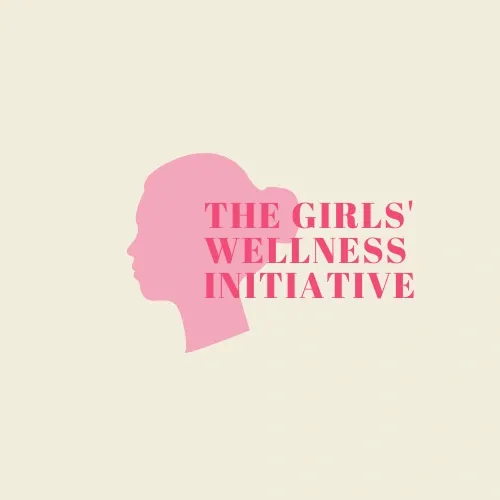Federal judge declares gay marriage ban unconstitutional
A new political uproar is stirring in the Lone Star State. After U.S. district Judge Orlando L. Garcia declared the ban of gay marriage to be “state-imposed inequality” on Feb. 26, controversy has risen.
Junior Katie Orr agrees with Garcia’s ideals and thinks that same-sex couples should get the right to marry.
“I believe that people should have the ability to live how they want,” Orr said. “If you’re just marrying somebody else, it’s not like you’re hurting other people. Love is love, it doesn’t matter what gender you are.”
The ban of gay marriage was reinstalled with a constitutional amendment in 2005 that passed with a 76% voter turnout. English 4 teacher and co-sponsor of the Gay Straight Alliance Meghan Regent, believes that Texans views are different from 2005.
“Since DOMA [the defense of marriage act] was passed, I think it’s going to be a close vote, but I feel the view on gay marriage has changed quite a bit since then,” Regent said.
Two homosexual couples decided to go against it in court. Nicole Dimetman and Cleopatra De Leon, who got married in Massachusetts and want Texas to recognize their marriage, and Mark Phariss and Vic Holmes, who have been a couple for 17 years and want to get married in their home state. Garcia agreed with their reasoning and denied that Texas had a legitimate reason for banning same-sex marriage.
Garcia stated that he is not trying to deny any opposing beliefs but instead he is following the freedoms of the U.S. Constitution. He believes that this ban is “state-imposed inequality” that belittles homosexuals and their relationships.
“This court holds that Texas’ prohibition on same-sex marriage conflicts with the United States Constitution’s guarantees of equal protection and due process,” Garcia wrote in a 48-page opinion. “Texas’ current marriage laws deny homosexual couples the right to marry, and in doing so, demean their dignity for no legitimate reason.”
This decision rejected the argument from the state’s attorney general’s office, which says that states have the right to define marriage based on the traditions of its people. This also combated another argument made that traditional marriage best supported the state’s interest in procreation and the raising of children.
“Without a rational relation to a legitimate governmental purpose, state-imposed inequality can find no refuge in our United States Constitution,” Garcia said.
His decision does not mean that gay couples in Texas will be able to marry but this could end the ban on gay marriage. An appeal to the Supreme Court is pending. Orr said that she thinks that gay marriage needs to quit being a social issue.
“I think it should be changed in Texas,” Orr said. “I think it should be changed all over the United States. Just because some people don’t believe in it doesn’t mean they should stop everyone from marrying who they love.”
Governor Rick Perry argues that the right to marry should be determined by the states, not by the nation. He says that since the people of Texas voted against this in 2005, it is what the people want.
“Texans spoke loud and clear by overwhelmingly voting to define marriage as a union between a man and a woman in our Constitution, and it is not the role of the federal government to overturn the will of our citizens.” Perry said.
Junior Logan Boyd supports traditional marriage or marriage between a man and a woman. Based on the values she was raised on, she says she sees marriage as a holy matrimony and not just a union of two people.
“I’ve been raised to believe along Christian values, that marriage was meant to be between man and woman,” Boyd said. “I have gay friends and I don’t dislike gay people, I just don’t think they should be able to get married”
Seventeen states and the District of Columbia have already allowed same-sex marriages.
Texas is not the only state appealing to the Supreme Court. This appeal is pending with Utah, Oklahoma and Virginia. However, these are not the only states to recognize the social issue, with Kentucky and Ohio also having judges strike down rules that prohibit the recognition of same-sex marriages in other states.
Many judges from many states have all been coming to the same conclusion: that state governments are not allowed to bar marriage from homosexual couples. Regent feels that this is a new step towards the acceptance of gay marriage in the south.
“It’s the same as segregation and civil rights, it is just the civil rights movement for the 21st century,” Regent said. “The South is the last to pass most things sadly, but ultimately Texas will accept gay marriage.”











